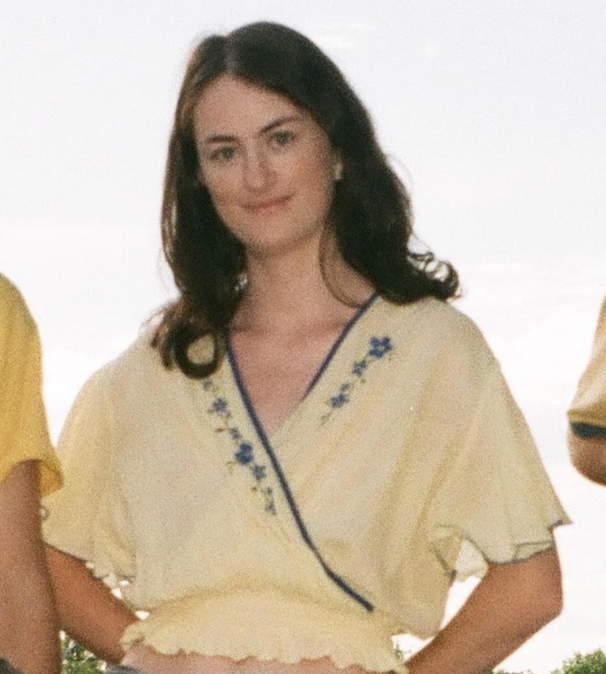Sinéad O’Halloran

Candidate, M.A. Public History
- B.A. (hons) Public History minor in First Peoples Studies (Concordia University)
- Email Sinéad O’Halloran
Current Program: MA Public History (2022)
Supervisors:
Academic Interests:
Histories of settler colonialism, gender, sexuality, activism, community archiving, and oral history. I am passionate about accessible, creative, feminist, and decolonial methods of sharing history.
Select Publications and Current Projects:
“Situating the S-Slur Within the Colonial Imaginary: The Shaping and Shaming of Indigenous Un/Womanhood in Western Canada in the Late Nineteenth and Early Twentieth Centuries.” The Graduate History Review 11, no. 1 (2022): 1-41.
Select Conference Contributions:
“Reinvesting Power: A Story of Sex Work Activism and Community Organizing in Montreal.” Digital roundtable. Going Public in the Time of Covid. COHDS. Montréal. February 2021.
“Movemented: A Sensory Archive of a Transitory Childhood.” Panel. 7th Emerging Scholars Symposium on Oral History, Digital Storytelling, and Creative Practice: Feminist Spatial Stories. Montréal. March 2020.
Teaching Experience:
Introduction to Human Rights (S. Sadaf), Fall/Winter 2022-2023
Description of Research:
We, as settlers, are in a collective moment of reckoning. Part of this reckoning requires us to not only bear witness to the violent realities and legacies of colonialism, but to actively engage with them as our own histories as perpetrators. An examination of the historical use of slurs by settlers, and their persistence within common nomenclature, is an area in which we can enact this type of critical collective reflection. A pertinent example of this is the s-slur, a derogatory term used by colonizers to refer to Indigenous women that has long been imprinted onto the physical and social geographies of so-called North America.
My project “Situating the S-Slur Within the Colonial Imaginary: The Shaping and Shaming of Indigenous Un/Womanhood in Western Canada during the Late Nineteenth and Early Twentieth-Century” traces the historical use of the s-slur in Western Canada in the late nineteenth and early twentieth centuries. By charting the shifting connotations of the word, my project aims to understand the influences of hetero-patriarchy, racism, and capitalism on the perception of Indigenous un/womanhood and sexuality during the expansion of the settler state.
This project makes wider connections to trans-national patterns of settler colonialism and the hegemonic social structures they implement through binary categorization. It draws upon feminist and linguistic frameworks to examine attempts of othering through the coloniality of gender, the practice of naming, and the implementation of slurs as a colonial tool. By examining how the use of the s-word fluctuated between insinuations of victimhood (in relation to Indigenous gender roles, traditions, and marriage) and threat (in association with sexual deviancy and sex work), this project seeks to demonstrate how the term represented both sides of the gendered dichotomy, depending on how it could best serve to further the colonial project.